Psychology careers and subsequent Master's programs
The Bachelor's program in Psychology trains you to become an academically trained professional with knowledge on how people think, feel and behave. After graduating, you will have the knowledge and understanding to set up, implement, analyze and report psychological research. Because psychologists work with people, you will find them in many different professions.
Directly to:
Possible jobs Psychology
Most students choose to do a Master's program after obtaining their Bachelor's degree. After completing a Master's program, you will have favorable career prospects with Psychology. Depending on your major and subsequent Master's program, you could work in mental health care, institutions for children with developmental disabilities, educational consultancies, or in a hospital. You could work as a consultant, market researcher, personnel manager, policy officer, or communications expert.
What can you do with a Psychology degree?
After completing a Master's program, you can find work in a variety of fields. For a full overview of your options, take a look at the Dutch Institute of Psychologists.
- A child and adolescent psychologist examines the development of children and adolescents. You diagnose and treat children and young people with behavioral problems, anxiety disorders, depression, autism, problems at school or around identity and sexuality.
- A clinical psychologist diagnoses and treats complex and serious psychological disorders, such as depression, addiction, and anxiety disorders. As a clinical psychologist, you work, for example, at mental healthcare institutions, in addiction care, at hospitals and caring for people with intellectual disabilities.
- A medical psychologist focuses on the relationship between psychological well-being and the physical health of patients. You have medical knowledge about chronic diseases, and you provide psychological care to patients with these diseases. As a medical psychologist you deal with questions such as: to what extent does having a certain disease or applying a certain treatment have an impact on the quality of life of patients?
- A (clinical) neuropsychologist deals with neurodevelopmental disorders and brain disorders such as epilepsy, autism, ADHD, Alzheimer's disease, and Parkinson's disease. For example, as a clinical neuropsychologist you work at a mental health institution where you work with patients in acute (hospital) admission, and patients in the later chronic phases.
- A social psychologist studies the relationships between thoughts, behavior, and actions in social situations. As a social psychologist, you work, for example, as an (academic) researcher at a university, (non-)profit company, an organizational consultancy or a market and media research agency. You investigate how people react in certain social situations and apply this knowledge in practice.
- As a work and organizational psychologist, you study human behavior in the workplace and look at the influence of the work or the organization on the behavior of the employee. Your findings are used, for example, to reduce ‘sick leave’ in an organization or to develop and implement training programs for employees.
Graduates found work at Elisabeth-TweeSteden hospital, mental health care institutions, universities, market research agencies, Impegno, GfK, CZ and Philips.
Subsequent Master's programs Psychology
After getting your Bachelor's degree, you could start looking for a job, but you will significantly improve your chances by doing a Master's program. With Psychology, you have a wide range of Tilburg University Master's programs to choose from. Some Master's programs require you to take certain courses during your Bachelor's program in order to be admitted. Make sure to check the application and admission page of the Master's program of your choice. With your Bachelor's degree, you will have access to the following Master's programs at Tilburg University:
-
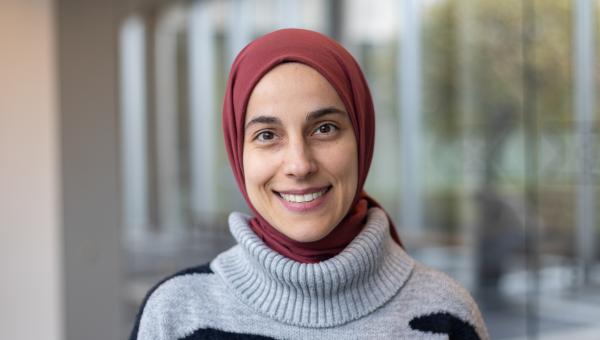
Clinical Neuropsychology
Become an expert on the relationship between the brain and behavior. Clinical Neuropsychology operates at the crossroads of various psychological disciplines, such as clinical (neuro)psychology, clinical neuroscience, and applied neuroscience.
More information -
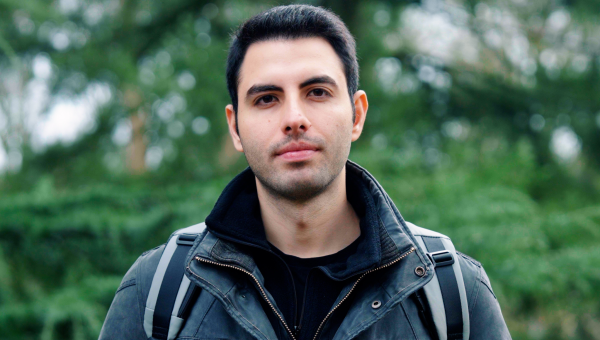
Economic Psychology
Become an expert in economic behavior, consumer psychology, and decision-making related to marketing, financial behavior, and communication. With Economic Psychology, you gain an understanding of how companies, non-profits, and governments can utilize knowledge of economic and psychological reasoning to comprehend and influence consumer decisions and financial behaviors.
More information -
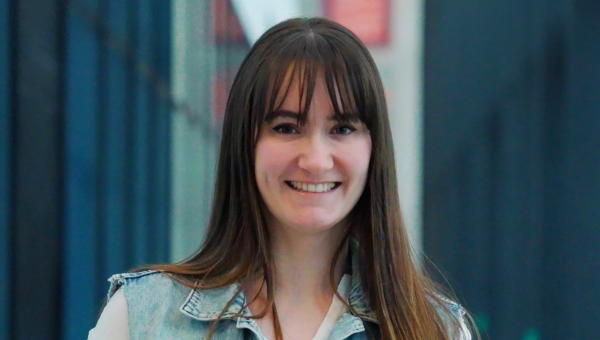
Positive Psychology and Well-being
The Master's track in Positive Psychology and Well-being trains you to become a scientist-practitioner in the broad field of psychology. As a positive psychologist, you focus on people’s strengths and talents, the positive aspects of human functioning.
More information -

Work and Organizational Psychology
Learn how to apply science-based solutions to human problems in work and organizational settings. In this Master's program, you will use business psychology to optimize employee performance, improve work processes and relationships, manage diversity, enhance fairness and equity in teams, and increase subjective well-being in organizations.
More information -
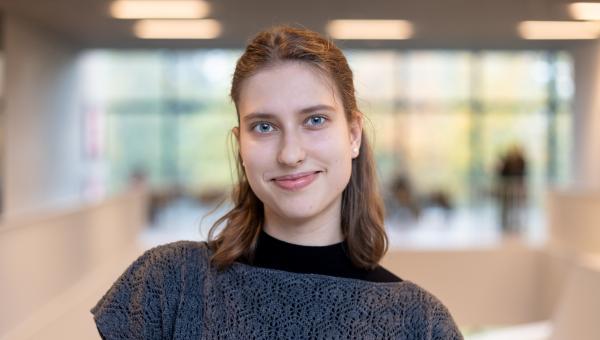
Research Master in Psychology: Individual Differences and Assessment
Become a research expert in the area of individual differences, such as personality, motivation, intelligence, and cognition, as well as how these differences change over time. In the Research Master: Individual Differences and Assessment, you study how these differences affect people's lives in the areas of work and health.
More information -
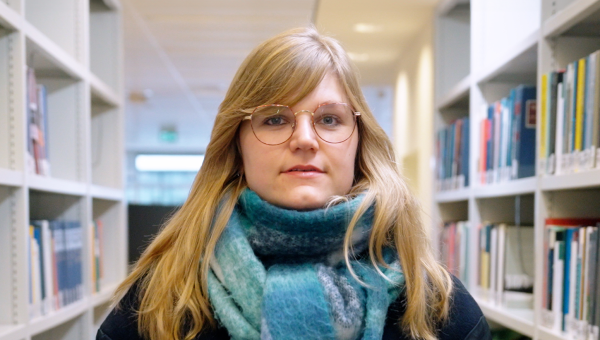
Research Master in Social and Behavioral Sciences
Become a research expert on individual behavior in different social contexts, such as organizations, peers, and societies. You will study the central theme 'individuals in social contexts' through four different disciplinary lenses, with one track as your specialization: Social Psychology, Organization Studies, Sociology, or Methods and Statistics.
More information -

Cross-Cultural Economic Psychology (Double degree)
Study the similarities and differences in behavior among individuals of different cultures at the University of Osnabrück and learn to understand and apply psychological or economic insights or psychological aspects of work processes and organizations at Tilburg University.
More information -

Clinical Forensic Psychology (in Dutch)
After completing the Master's program in Clinical Forensic Psychology you are an expert in assessing and treating psychiatric disorders in juvenile and adult forensic populations. As a clinical-forensic psychologist you can work in forensic psychiatric clinics, judicial youth institutions, special youth care institutions and prisons.
More information -
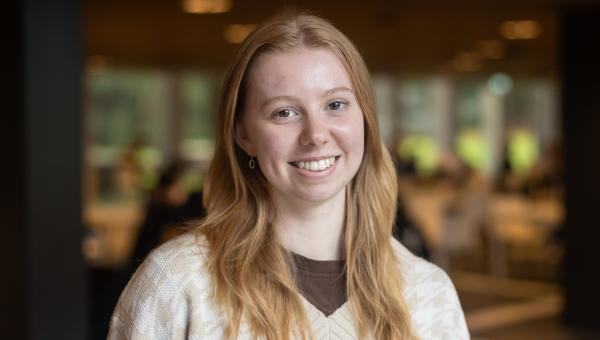
Clinical Child and Adolescent Psychology (in Dutch)
The Master’s program in Clinical Child and Adolescent Psychology concentrates on problems in the development of children and adolescents, such as behavioral problems, anxiety disorders and depression, autism, problems at school, or problems concerning identity and sexuality.
More information -

Clinical Psychology (in Dutch)
With the Master’s program in Clinical Psychology you’ll become a psychologist in mental health care. As a clinical psychologist you are an expert in the theory, analysis and treatment of psychopathology in adults and the elderly. Consider, for example, addiction problems and anxiety, mood, eating, and personality disorders.
More information -

Medical Psychology (in Dutch)
Medical Psychology focuses on the relationship between psychological well-being and physical health of children and adults. It is an in-depth program on the various subdisciplines within psychology - assuming that somatic, psychological, and contextual aspects play a role in every type of condition
More information

Career orientation
Student Career Services is happy to help you prepare for your career and supports your transition to the labor market. They are there for you from the moment you embark on your studies, until one year after your graduation.
Read more